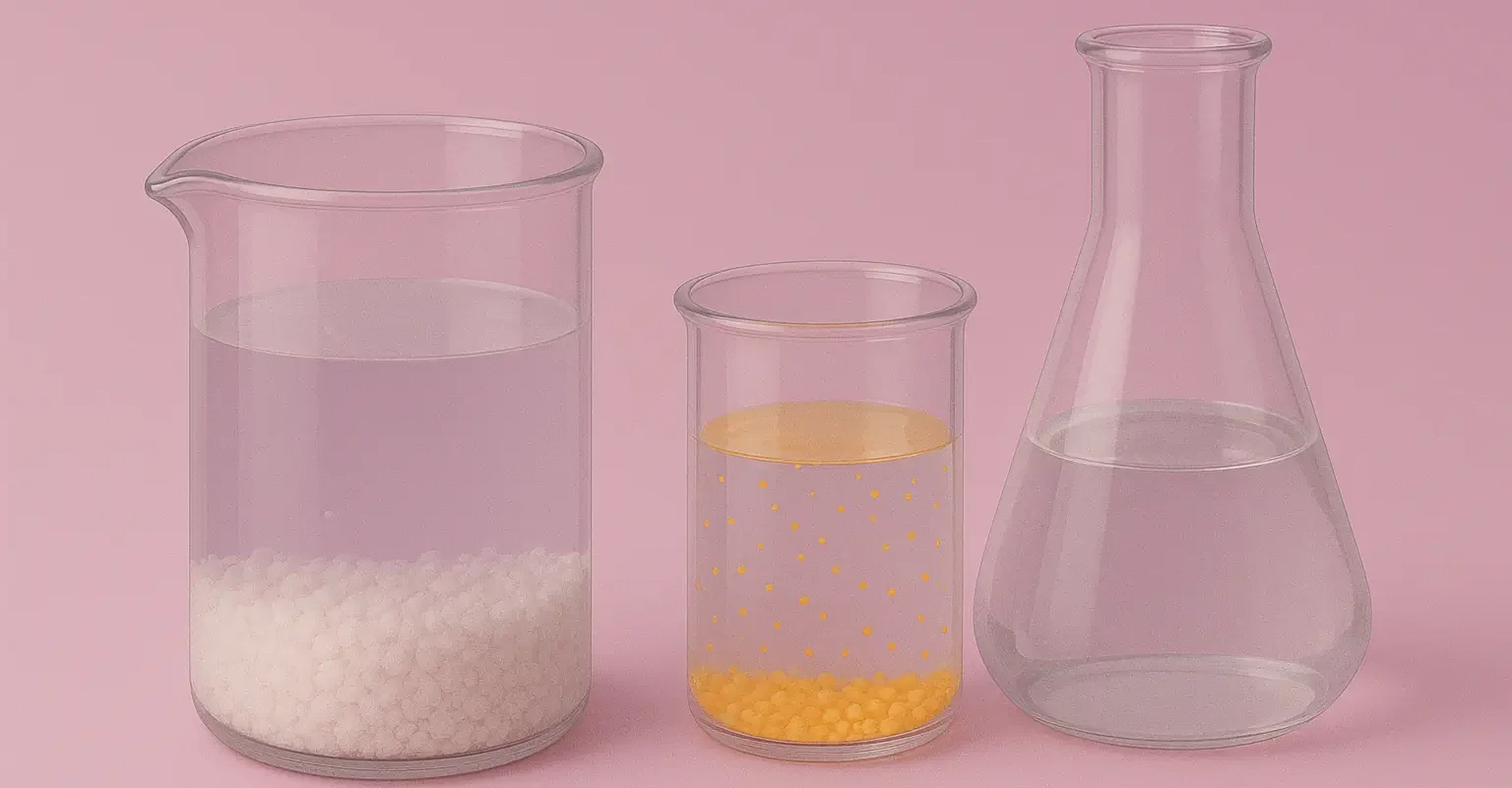- The purity of the precipitate is essential in gravimetric analysis, as impurities can significantly affect the accuracy of results.
- Two common sources of impurities are co-precipitation and post-precipitation:
1. Co-precipitation:
- Co-precipitation occurs when impurities or other ions in the solution precipitate along with the target analyte during the precipitation process.
- This can happen due to:
-
Surface Adsorption:
- Impurities adsorb onto the surface of the precipitate particles, leading to contamination.
-
Occlusion and Entrainment:
- Impurities become trapped within or between the precipitate particles during their formation.
-
Mixed Crystal Formation:
- Impurities are incorporated into the crystal lattice of the precipitate, resulting in mixed crystals.
Minimizing Co-precipitation:
- Optimize precipitation conditions (temperature, pH, and concentration) to favor pure precipitate formation.
- Use a selective precipitating agent that reacts only with the target analyte.
- Perform digestion by heating or aging the precipitate to improve its purity and particle size.
Advertisements
2. Post-precipitation:
- Post-precipitation happens when the initial precipitate partially dissolves, and the analyte re-precipitates with impurities. This often occurs due to changes in the solution’s pH, temperature, or concentration during the analysis process.
Minimizing Post-precipitation:
- Maintain constant conditions (temperature, pH) throughout the analysis to prevent dissolution and re-precipitation.
- Wash the precipitate thoroughly with a suitable solvent to remove soluble impurities.
- Dry the precipitate gently, avoiding high temperatures that may cause decomposition or reactions with impurities.

